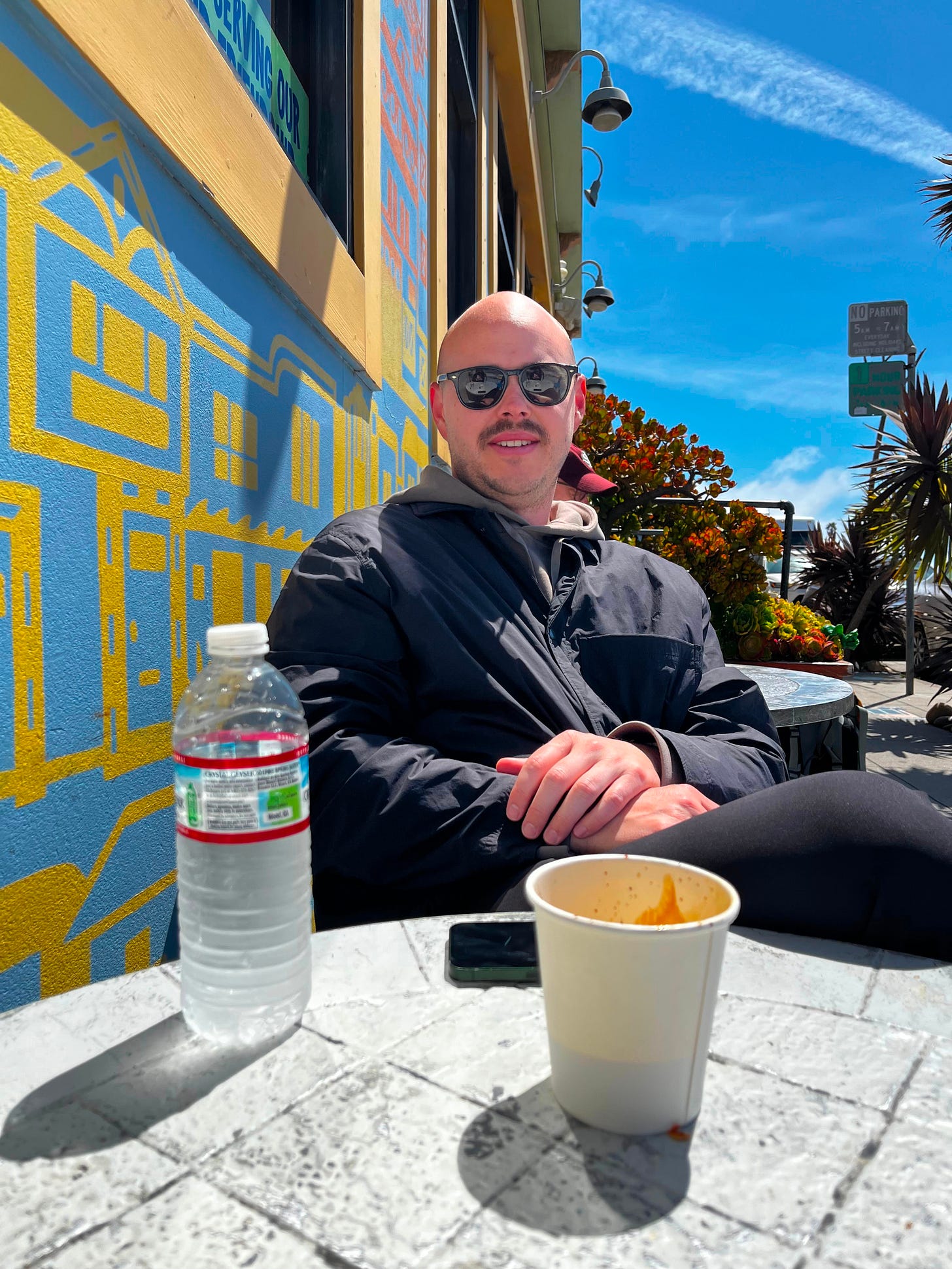Positioning, offers, & trust 🧠
10 months worth of marketing lessons working in the supplements industry
There are few categories that are more competitive than supplements.
Every click is a hard fought won battle to gain attention and attract sales.
I’ve spent the last 10 months going deep in the supplements industry and I wanted to share my top marketing takeaways with you here.

It all starts with strong positioning
Strong positioning is important in any category, but it’s EVERYTHING when product differentiators are marginal and the space is noisy like it is in supplements.
Al Ries and Jack Trout defined positioning as:
Positioning starts with a product. A piece of merchandise, a service, a company, an institution, or even a person. Perhaps yourself.
But positioning is not what you do to a product. Positioning is what you do to the mind of the prospect. That is, you position the product in the mind of the prospect.
My favorite recent example of a brand that has overtaken a competitive market through strong positioning is Gruns.
Gruns capitalized on a growing category of supplements (greens powders) not by launching another greens powder, but my repositioning their formulation as a better-for-you gummy.
Their marketing then takes aim at all the common issues with powder based products:
Gummies don’t spill or make a mess when you a preparing them.
They are easy to travel with and take on-the-go.
They have higher absorption rates than powders.
They taste good.
This move has allowed them to enter the greens powder space in a new and fun way.
Touché, Gruns.
Touché.
Positioning compounds with new customer offers
The best supplement brands compound their positioning efforts with strong new customer offers.
Think AG1’s welcome kit, Gruns’ 52% off first time discount, and Huel’s free t-shirt with purchase.
Alex Hormozi explains why offers work in his $100M offers book:
If you have a “commodity” offer, you will compete on price (having a price-driven purchase versus a value-driven purchase).
Your Grand Slam Offer, however, forces a prospect to stop and think differently to assess the value of your differentiated product.
Doing this establishes you as your own category, which means it’s too difficult to compare prices, which means you re-calibrate the prospect’s value-meter.
His main point is that a “grand slam offer” makes your product so unique and valuable that customers stop comparing prices and start focusing on its distinct value.
He then goes on to explain how leading with a new customer offer can increase:
Response rates (IE: click-through rates in ads)
Leads generated
Sales via improved conversion rates
My personal experience has shown this to be true.
Simply offering a free gift with purchase has increased our click-through rates on ads and conversion rates on the website by at least ~10% in all of the tests that we have ran.
I’ve found that the key to making the a unit economics pencil out here is to try to combine low margin products together.
IE: Free E-books and magnets. Or, stickers and water bottles.
Ryze Mushroom Coffee has probably one of the more aggressive offers I’ve seen:
I don’t think a brand needs to go as far as Ryze, but it’s an interesting example to showcase how much can be done on the offer front.
TLDR: A great offer can build on your market position, pushing your brand to truly become one of one.
Trust locks in the competitive moat
High trust brands are able to lock in their competitive moat further through:
Great founder stories (see Armra)
Respected influencers (see AG1)
Successful clinical trials (see IM8)
Thousands of customer reviews (see Ryze)
One of my favorite recent examples is IM8.
They use both the cachet of David Beckham as a cofounder and clinical trials to build trust in the supplement market as a newcomer brand.
You don’t need to have all of these, but it helps to have a few at play when trying to scale paid media and growth.
Competitive categories like supplements can be brutal, but there are still ways to win with the right formula.
If you can combine clear positioning with a standout offer that stops people mid-scroll and trust signals that make customers feel confident hitting “buy”, then you’re no longer just another brand.
You’re in a category of one.
Until next time
- Trent







